在Python开发中,有时候你可能需要修改第三方库的源码来满足特定的需求。直接修改第三方库的源码不是一个好的做法,因为这会导致代码难以维护,特别是在升级第三方库时。然而,有几种方法可以让你在不影响第三方库本身的情况下实现无痛修改。以下是几种常见的方法:
![图片[1]_无痛修改Python第三方库源码的高效策略_知途无界](https://zhituwujie.com/wp-content/uploads/2025/04/d2b5ca33bd20250401093324.png)
1. 子类化(Subclassing)
如果第三方库提供了可继承的类,你可以通过子类化来重写特定的方法。
# 假设第三方库有一个名为 `ThirdPartyClass` 的类
from thirdpartylib import ThirdPartyClass
class MyModifiedClass(ThirdPartyClass):
def some_method(self, *args, **kwargs):
# 在这里添加你的修改
print("This is a modified method!")
super().some_method(*args, **kwargs)
# 使用你的子类
obj = MyModifiedClass()
obj.some_method()2. 装饰器(Decorators)
使用装饰器来修改函数或方法的行为。
import functools
from thirdpartylib import some_function
def my_decorator(func):
@functools.wraps(func)
def wrapper(*args, **kwargs):
# 在这里添加你的修改
print("This is a modified function!")
return func(*args, **kwargs)
return wrapper
# 应用装饰器
thirdpartylib.some_function = my_decorator(thirdpartylib.some_function)
# 调用函数
some_function()3. Monkey Patching
Monkey Patching 是指在运行时动态地替换模块中的属性(函数、类等)。
import thirdpartylib
# 保存原始函数引用(可选)
original_function = thirdpartylib.some_function
def my_modified_function(*args, **kwargs):
# 在这里添加你的修改
print("This is a monkey patched function!")
return original_function(*args, **kwargs)
# 替换原始函数
thirdpartylib.some_function = my_modified_function
# 调用函数
thirdpartylib.some_function()4. 使用 patch 库(如 unittest.mock.patch)
在测试环境中,你可以使用 unittest.mock.patch 来临时替换模块中的属性。
from unittest.mock import patch
import thirdpartylib
def my_mock_function(*args, **kwargs):
# 在这里添加你的修改
return "Mocked response"
# 使用 patch 上下文管理器
with patch.object(thirdpartylib, 'some_function', my_mock_function):
# 在这个块内,some_function 会被 my_mock_function 替换
result = thirdpartylib.some_function()
print(result) # 输出: Mocked response
# 退出上下文管理器后,some_function 恢复原样5. 封装和代理模式(Wrapper/Proxy Pattern)
创建一个封装类,该类内部使用第三方库的类,并在需要的地方进行修改。
class WrapperClass:
def __init__(self):
self.thirdparty_instance = thirdpartylib.ThirdPartyClass()
def some_method(self, *args, **kwargs):
# 在这里添加你的修改
print("This is a wrapped method!")
return self.thirdparty_instance.some_method(*args, **kwargs)
# 使用封装类
wrapper = WrapperClass()
wrapper.some_method()6. Fork 并维护自己的版本
如果以上方法都不适用,你可以考虑 Fork 第三方库的源代码,并在自己的仓库中进行修改。这种方法适用于需要长期维护大量修改的情况。然后你可以通过 pip 安装你自己的版本:
# 克隆你的 Fork 仓库
git clone https://github.com/yourusername/thirdpartylib.git
cd thirdpartylib
# 安装本地版本
pip install -e .总结
每种方法都有其适用的场景和限制。子类化和封装模式通常是最优雅的方式,因为它们不改变原始库的代码。而 Monkey Patching 和装饰器则适用于快速修改和测试。在 Fork 并维护自己的版本之前,请考虑是否有必要,因为这会增加维护成本。选择适合你需求的方法,可以让你的代码更加健壮和易于维护。
© 版权声明
文中内容均来源于公开资料,受限于信息的时效性和复杂性,可能存在误差或遗漏。我们已尽力确保内容的准确性,但对于因信息变更或错误导致的任何后果,本站不承担任何责任。如需引用本文内容,请注明出处并尊重原作者的版权。
THE END



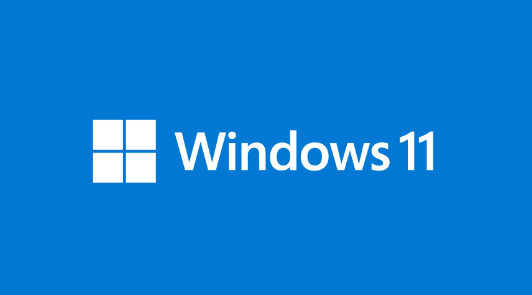





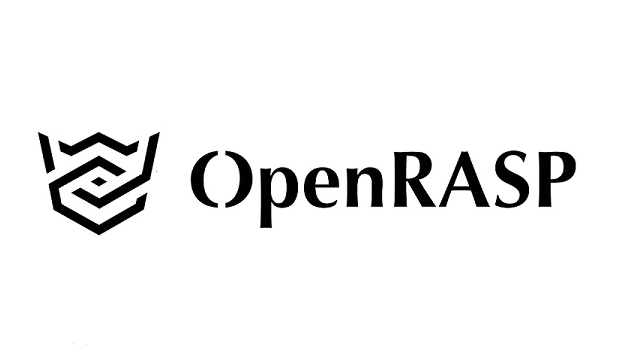

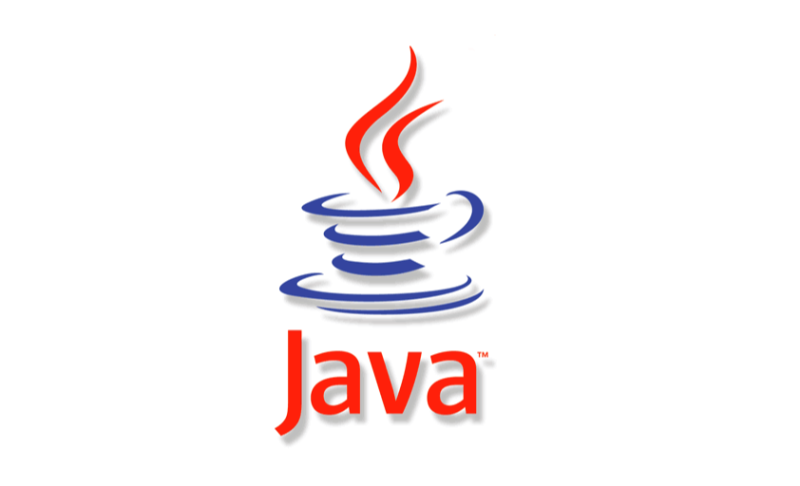
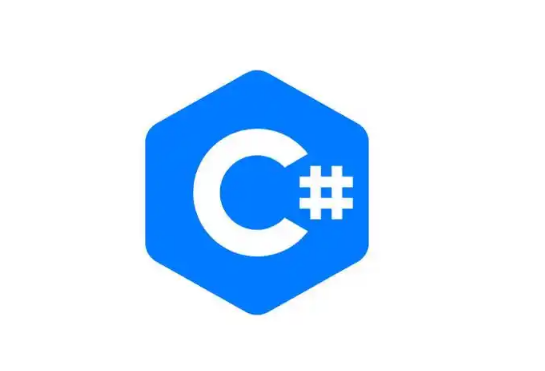

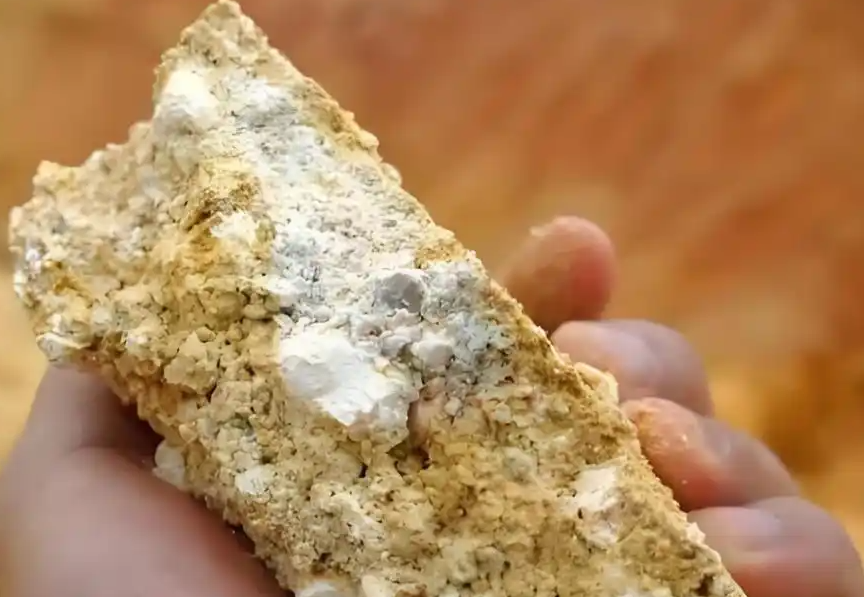
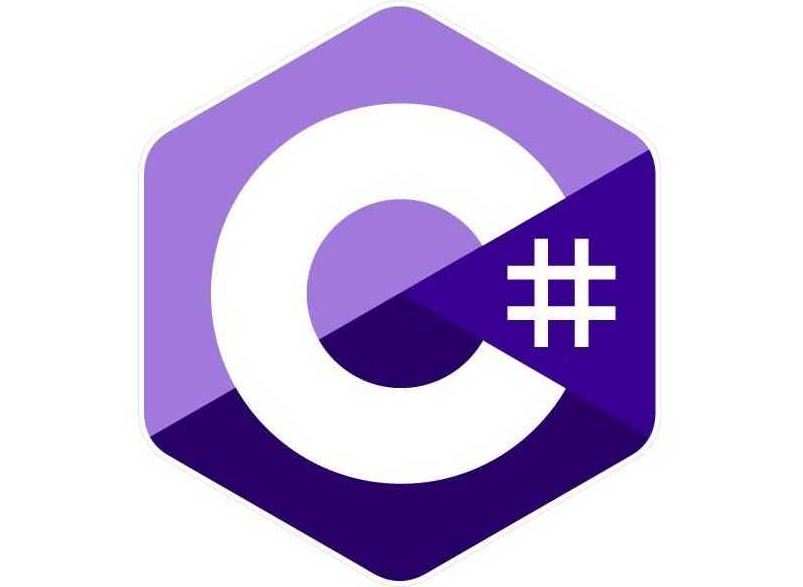





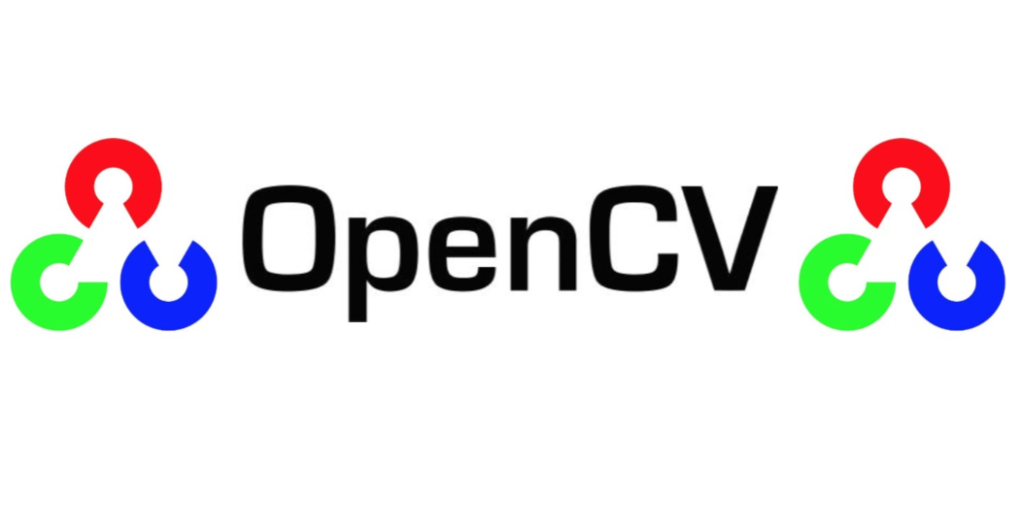



暂无评论内容